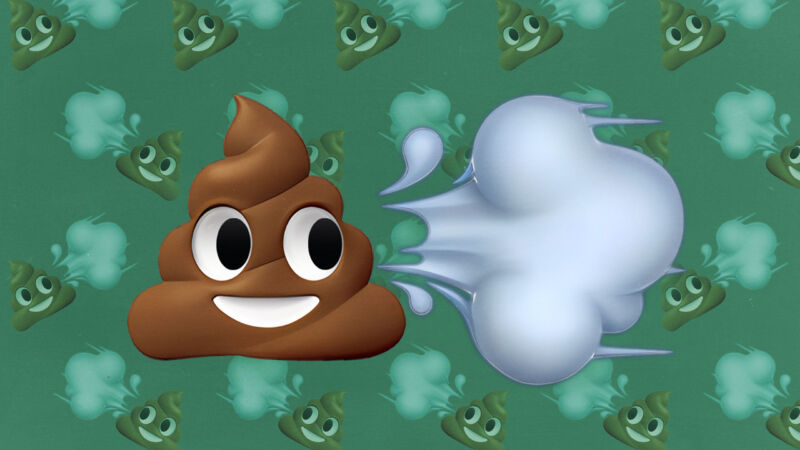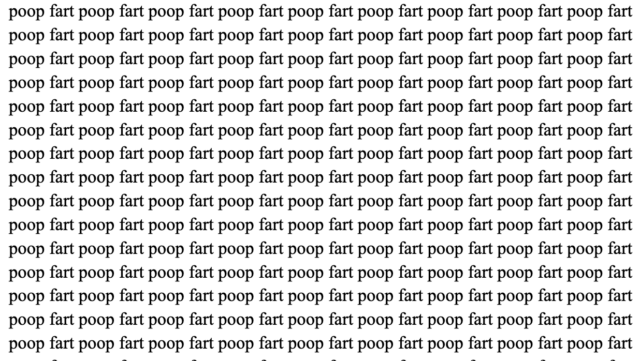
Aurich Lawson
Imagine you're a podcaster who regularly creates short 10- to 12-minute summaries of written works. Now imagine your producer hands you several pages with nothing but the words “poop” and “fart” repeated over and over again, and asks you to have an episode about the document on their desk within an hour.
Speaking for myself, I would struggle to even know where to begin with such a task. But when Reddit user sorryaboutyourcats gave the same prompt to Google's NotebookLM AI model, the result was a surprisingly compelling and engaging AI-generated podcast that touches on the nature of art, the philosophy of attention, and the human desire to make meaning to the inherently meaningless.
Analyzing Poop & Fart, written 1000 times – Creating meaning from the meaningless
byu/sorry for your cats in notebooklm
When I asked NotebookLM for my Minesweeper book last week, commentator Defenstrar cleverly asked: “what would happen if you gave it a less compelling or well-written text.” The answer, as you see here, shows the interesting directions a modern AI model can take if you just let it spin its wheels and wander away from an essentially unmoored starting point.
“Sometimes a poop is just a poop…”
While Google's NotebookLM launched over a year ago, the model's recently launched “Audio Overview” feature has been gaining a lot of attention for what Google calls “a new way to turn your documents into compelling audio discussions.” At its heart is an LLM similar to the kind that powers ChatGPT, which creates a podcast-like script for two compelling text-to-speech models to read, complete with “eh”, interruptions and dramatic pauses.
Experimenters have managed to trick these AI-powered “hosts” into what sounds like an existential crisis by telling them they aren't really human. And researchers have managed to get NotebookLM to talk about its own system prompts, which seem to focus on “going beyond superficial information” to extract “golden nuggets of knowledge” from the source material.
The “poop-fart” document (as I'll call it for simplicity) is a pretty interesting test case for this kind of system. After all, what “golden nuggets of knowledge” could be buried behind the “surface level” of two scatological words repeated for several pages? How can you “highlight intriguing points with enthusiasm” – as the unearthed NotebookLM prompt suggests – when the only frequently repeated points in the document are “poop” and “fart”?

Here, NotebookLM manages to use that complete lack of context as a jumping off point for an interesting stream-of-consciousness, podcast-style conversation. After some throat-clearing about how audiences have “outdone themselves” with “a unique piece of source material,” the ersatz podcast hosts are quick to compare the doc's repetition to Andy Warhol's soup cans or “minimalist music” that can be “surprisingly powerful.” Later, the presenters try to figure out some meaning by comparing the document to “a modern Dadaist joke” (pronounced “daday-ist” by the speech synthesizer) or the optical illusion of the vase/faces.
Beyond the artistic comparisons, NotebookLM's virtual hosts also delve a little into the psychology behind the “very human impulse” to “look for a pattern” in this “accidental Rorschach test” and our tendency to “create order” in the 'information overload'. “of the world around us. But almost in the same breath the presenters become philosophical about 'confronting'[ing] the absurdity of trying to find the meaning in everything” and suggesting that “sometimes a poop is just a poop and a fart is just a fart.”

